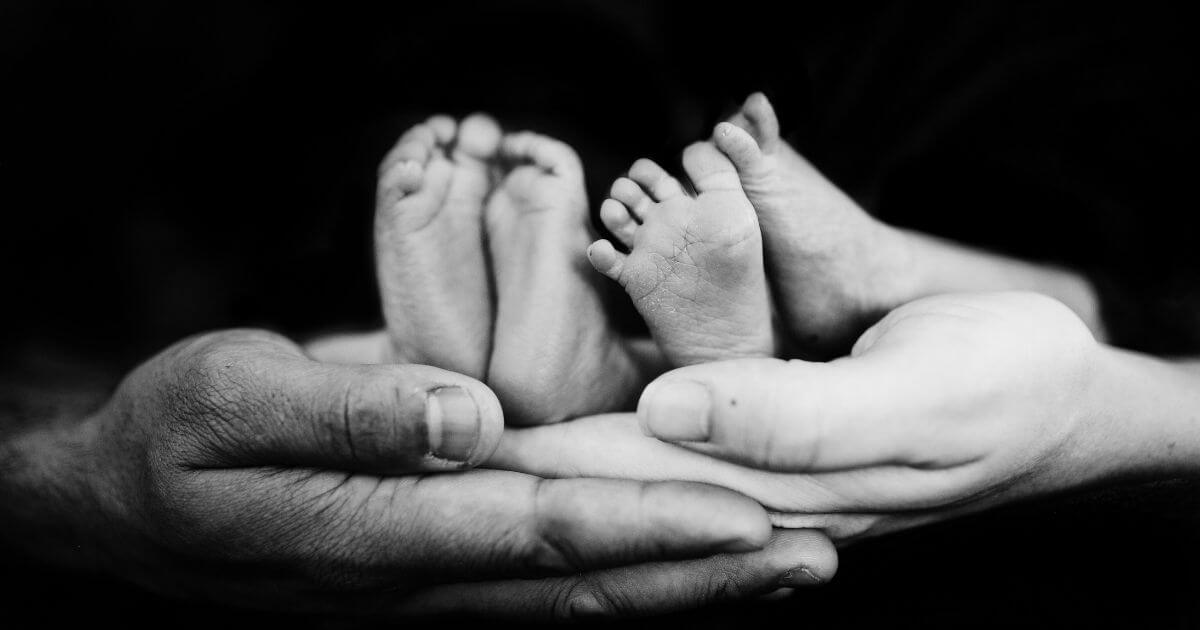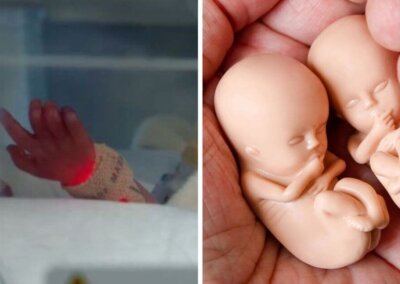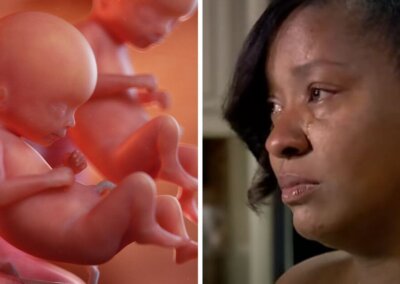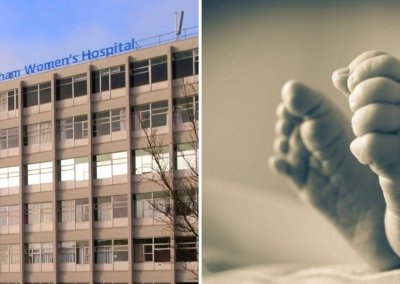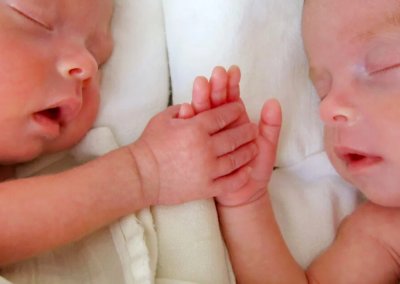A Norfolk couple, who refused to abort one of their children to save the other, have shared their joy as the twin brothers are still going strong 17 months later.
Ashley and Kate Butcher were offered an abortion after a 12-week ultrasound revealed their twin sons’ umbilical cords were tangled and they were sharing a placenta.
The twins, Arlen and Eivin, were born 7 weeks early, by caesarean section in August 2020, and weighed 4lbs 7oz and 4lbs 11oz respectively. The pair were then immediately transferred to Queen Elizabeth Hospital’s NICU in King’s Lynn, where they spent the subsequent 3 weeks.
A ‘friendship knot’
At the 12-week scan, Ashley and Kate were advised that the twisted cords could cut off oxygen and blood supply to each baby.
Ashley said: “[there was] a 30-40 per cent chance that one or both of them wouldn’t make it [but] there was no way that we were going to choose one of our babies over the other”.
The couple, who are both Scout leaders, shared how the knot between both boys’ cords reminded them of the ‘friendship’ knot (a knot used to hold a scout necker together), symbolic of the “special bond they had in the womb”.
Whilst Arlen initially needed resuscitation, he and Eivin have since become stronger with every passing day, and were even able to meet their great grandmother in May of last year.
Ashley told of the boys “close bond” and how they “get up to all sorts of mischief together”, describing them as “a real tag team”.
Women speak out about having selective-reduction abortions
In England and Wales, 65 ‘selective termination’ abortions were performed in 2020, where a twin, triplet or more were aborted in the womb.
Outside the United Kingdom, some women have spoken publicly about having a selective-reduction abortion, with one woman recounting her story to the New York Times.
The woman described how she was grateful that her sonographer had turned off the overhead screen as she did not want to see the two shadows floating inside her. She spoke of how she tried not to think about them, but that she could often think of little else.
She was pregnant at 45, after six years of fertility treatment in the pursuit of having a baby – yet, as the article recounts “here she was, 14 weeks into her pregnancy, choosing to extinguish one of two healthy fetuses, almost as if having half an abortion”.
She later said: “If I had conceived these twins naturally, I wouldn’t have reduced this pregnancy, because you feel like if there’s a natural order, then you don’t want to disturb it. But we created this child in such an artificial manner — in a test tube, choosing an egg donor, having the embryo placed in me — and somehow, making a decision about how many to carry seemed to be just another choice. The pregnancy was all so consumerish to begin with, and this became yet another thing we could control”.
Right To Life UK spokesperson, Catherine Robinson, said: “It is so great to hear Arlen and Eivin’s story, their parents’ choice to protect both of their lives and their amazing recovery and good health since then. Sadly, this is not the reality for some babies as shown by 2020’s harrowing statistics”.
“Selective-reduction abortions are a particularly disturbing occurrence, with the notion of having to choose one baby over another being hard for most to comprehend. These forms of abortion are also alarming due to their obvious links to able-ism and eugenics, where babies with disabilities are often selected to be aborted”.


